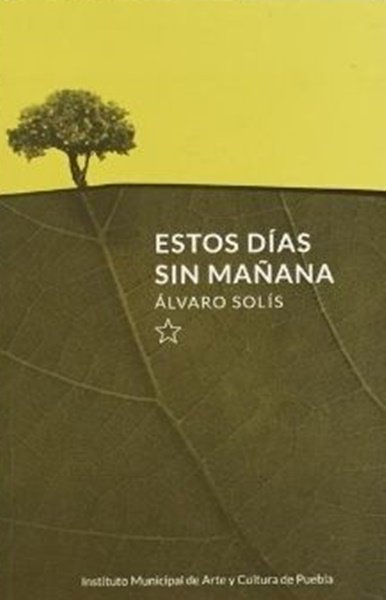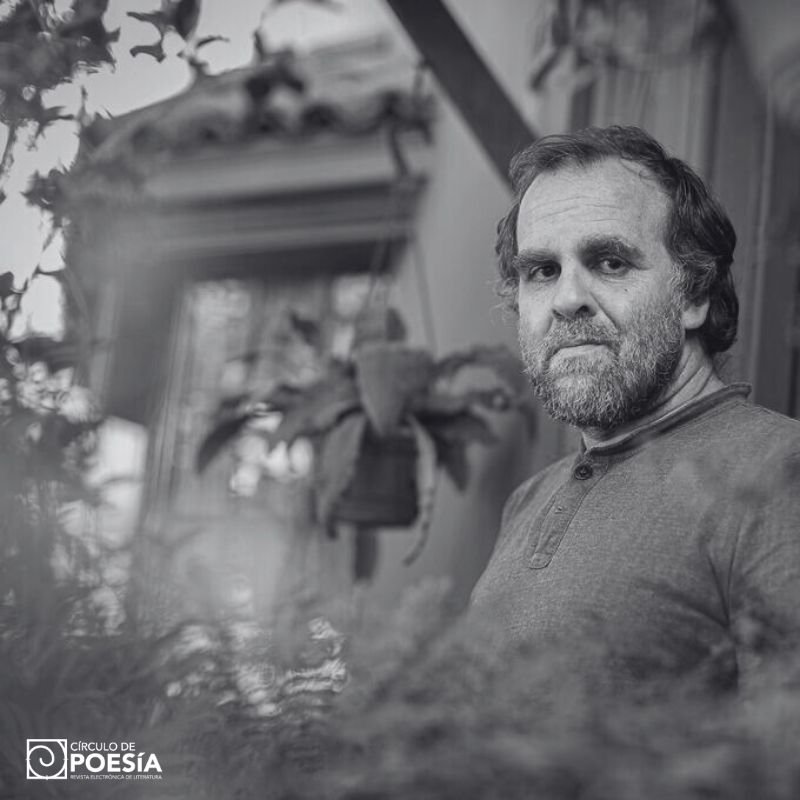Today at Círculo de Poesía, as a part of our Pulitzer Prize Dossier, we present the poetry of Carl Sandburg (1878-1967). One of the most influential American Poets, he was a Three-Time Pulitzer Prize winner and one of the most prolific writers of the Twentieth Century. His influence extends from poets of his own generation, such as Ezra Pound and William Carlos Williams, to contemporary poets such as Gregory Pardlo.
Spanish versions by Sergio Eduardo Cruz
Presentamos, como parte de nuestro dossier de poeta Pulitzer, presentamos a Carl Sandburg (1878-1967). Uno de los poetas norteamericanos más influyentes, fue tres veces ganador del Premio Pulitzer y uno de los escritores más prolíficos del siglo XX. Fue influencia importante para poetas que van de Ezra Pound y William Carlos Williams, sus contemporáneos, a poetas actuales como Gregory Pardlo. Las versiones al español son de Sergio Eduardo Cruz.

At a Window
Give me hunger,
O you gods that sit and give
The world its orders.
Give me hunger, pain and want,
Shut me out with shame and failure
From your doors of gold and fame,
Give me your shabbiest, weariest hunger!
But leave me a little love,
A voice to speak to me in the day end,
A hand to touch me in the dark room
Breaking the long loneliness.
In the dusk of day-shapes
Blurring the sunset,
One little wandering, western star
Thrust out from the changing shores of shadow.
Let me go to the window,
Watch there the day-shapes of dusk
And wait and know the coming
Of a little love.
Frente a una ventana
Denme el hambre,
ustedes, dioses que se sientan
y dan órdenes al mundo.
Denme hambre, dolor, deseo,
sáquenme con fracaso, con vergüenza,
de sus puertas de fama y oro,
denme su hambre más pesada, más abyecta.
Pero déjenme un poco de amor,
una voz que me hable al terminar el día,
una mano que me toque en la oscuridad
de la recámara, cortando este solipsismo.
En el albor de las formas matinales
que cortan el ocaso
una estrella pequeña, vagabunda, denme,
que haya huido de las costas mutables del crepúsculo
y que espere y que anuncie la llegada
de un poco de amor.
Languages
THERE are no handles upon a language
Whereby men take hold of it
And mark it with signs for its remembrance.
It is a river, this language,
Once in a thousand years
Breaking a new course
Changing its way to the ocean.
It is mountain effluvia
Moving to valleys
And from nation to nation
Crossing borders and mixing.
Languages die like rivers.
Words wrapped round your tongue today
And broken to shape of thought
Between your teeth and lips speaking
Now and today
Shall be faded hieroglyphics
Ten thousand years from now.
Sing—and singing—remember
Your song dies and changes
And is not here to-morrow
Any more than the wind
Blowing ten thousand years ago.
Lenguajes
No hay manijas en un lenguaje
para que se apoyen de él los hombres
y cuelguen signos en él para recordar.
Es un río, este lenguaje,
que una vez cada milenio
abre una nueva comunicación
para cambiar su rumbo hacia el océano.
Es efluvios de montañas
moviéndose hacia los valles
y entre las naciones
cruzando las fronteras y mezclándose.
Mueren como ríos, los lenguajes.
Las palabras se envuelven hoy alrededor de tu boca
y se rompen para generar entendimiento
de lo que sale entre tus labios y tus dientes
ahora mismo, siempre.
Serán jeroglíficos borrosos
dentro de diez mil años.
Canta, y cuando cantes, recuerda
que tu canto muere y cambia
y que no habrá aquí, mañana,
nada más que el mismo viento
soplando desde hace diez mil años.





